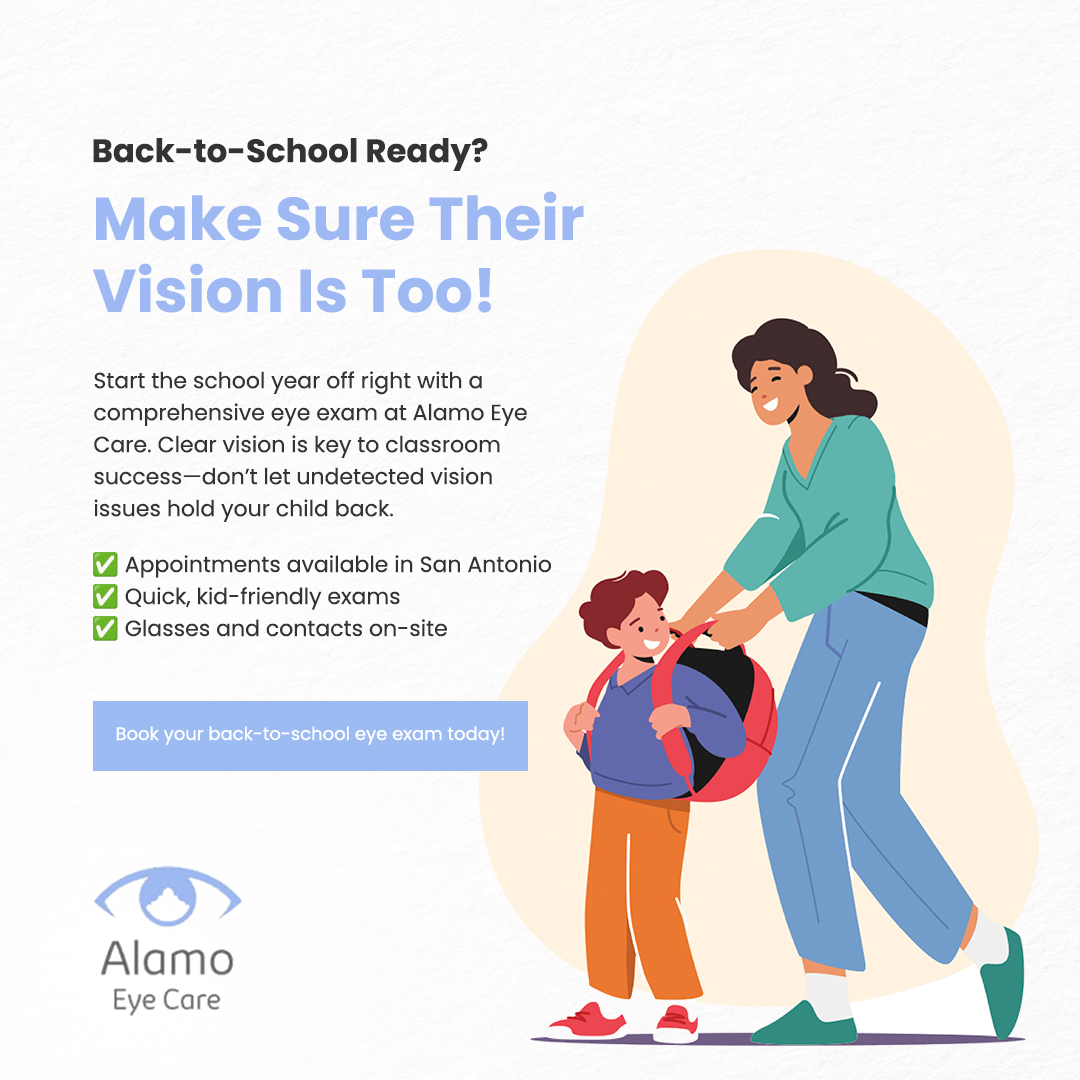
Prosthetic contact lenses mask eye issues caused by eye diseases, birth defects, or injury. If structures of the disfigured or injured eye fail to work well, eye specialists can prescribe special prosthetic lenses. The special lenses can help to block excess light, reducing glare and increasing comfort. Individuals can get artificial lenses for various medical and cosmetic reasons.
Getting Prosthetic Contact Lenses
Eye care specialists provide contact lenses that match the appearance of healthy eyes. Custom-painted prosthetic lenses are available in various colors to suit the patient's specifications. Just like regular contacts, they are made from soft or gas-permeable materials.
They are available in various lens powers to correct:
Myopia
Hyperopia
Astigmatism
They are also available without power for patients who do not need vision correction. They help to provide a natural appearance to a disfigured or blind eye.
Who Can Benefit From Prosthetic Lenses
Many conditions or injuries can lead to eye disfigurement. These make individuals self-conscious about their appearance. Prosthetic-colored lenses match the look of the healthy eye, making the disfigured eye look less conspicuous. Those who can enjoy the lenses include:
Individuals with albinism or lack of eye pigment
People with aniridia or incomplete pupil formation
People with microcornea or visible differences in iris diameters
Patients with cornea damage from trauma or postsurgical complications
People with achromatopsia that causes extreme photophobia or light sensitivity
Iris-colored lenses can help to treat iris colobomas that cause photosensitivity
Prosthetic tinted lenses can also help to treat diplopia or double vision resulting from certain eye conditions.
Lenses for Vision Therapy
Vision therapists can recommend prosthetic lenses to treat cornea abnormalities. Special prosthetic iris-colored lenses can help. They improve vision for some childhood amblyopia cases. When worn on the eye with good sight, the lens forces the affected eye to work harder to improve vision. Treatment with the lens can be more effective than an eye patch. Many children resist eye patches and often remove them due to embarrassment.
Prosthetic Contact Lens Fitting
The first step in contact lens fitting is a comprehensive eye exam. The optometrist will examine the eyes to determine if the patient has conditions that can affect prosthetic lens wear. Getting accurate measurements helps to ensure the lenses fit properly.
During the lens fitting, the eye specialist will take close-up color photos of the eyes. They help to create customized contact lenses that match the patient's natural eye color and appearance. Some eye clinics have sample prosthetic lenses that patients can try during the fitting.
Choosing the Right Prosthetic Lenses
Prosthetic lenses have cosmetic and therapeutic applications. They can help to restore a natural appearance to eyes affected by injury or disease. They can help to make a positive change in an individual's life.
Depending on their goals, patients can get tinted, printed, or hand-painted prosthetic lenses. The iris color plays a vital role in the choice. The doctor will recommend the best lens type for the patient's condition. A prosthetic lens must be comfortable and fit well. The eye specialist will check the fitting and make any adjustments needed.
For more on prosthetic iris-colored lenses, visit Alamo Eye Care. Our offices are in San Antonio and Austin, Texas. Call (210) 403-9050 to book an appointment today.








